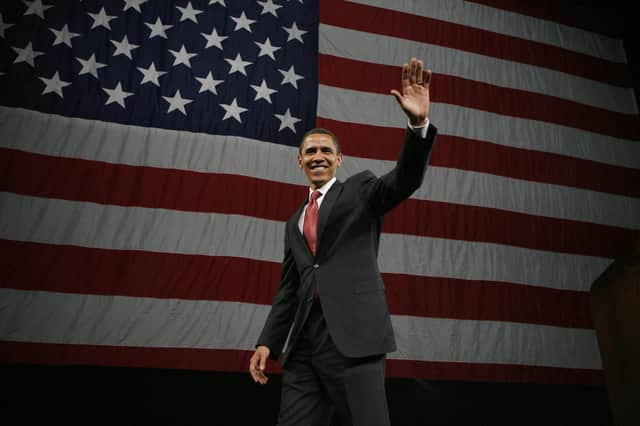Scotland's politicians must never forget the human touch, not social media algorithms, wins elections – Scotsman comment


For many people, there is something slightly sinister about political parties using social media algorithms to target adverts at potential voters. However, there are some who say Barack Obama won the 2008 US election because of his campaign’s innovative use of technology, and most parties now view it as an important part of their efforts to win our support. And, of course, for the young generation, social media is just an ordinary, everyday fact of life.
Today we reveal that Scotland’s five main political parties have spent more than £1 million on Facebook advertising alone over the past five years, with in excess of 8,000 adverts being shown on the site since 2018. Scottish Labour spent £411,000, the most by any party, the Conservatives nearly £298,000, the SNP just under £174,000, the Greens £71,000, and the Liberal Democrats about £67,000.
Advertisement
Hide AdAdvertisement
Hide AdHowever, before everyone gets carried away about campaign strategists’ bold claims that technology can win elections, it’s worth remembering what politics is actually about – people. Advertising, political or otherwise, does work or companies would not pay out large sums on a regular basis. But when trying to win the hearts and minds of the electorate, real human interactions are still hugely important.
James Mitchell, professor of public policy at the University of Edinburgh, said Facebook advertising was “not the only, nor the best” form of campaigning, saying “face-to-face campaigning still trumps all”. There is nothing like standing on multiple doorsteps talking to people to learn about their concerns, with both politicians and voters benefiting from such interactions.
The virtual world of the internet has created an information revolution that means people all over the world can connect as never before. But there is always a sense of distance in online communications. Real closeness, real knowledge, requires physical proximity. With security a genuine concern for politicians, partly because social media rage has started to spill over into real life, the danger is that computers become a permanent intermediary between the people and their elected representatives.
Social media adverts have a place in modern politics. But the human touch must never be lost.
Comments
Want to join the conversation? Please or to comment on this article.
